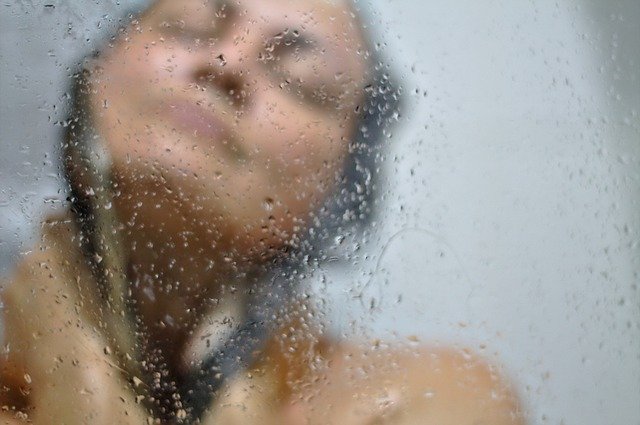
People living with dry skin have the added task of making sure their skin is healthy and moisturized. This is especially true for people living with chronic skin conditions that make dry skin inevitable, like psoriasis. Psoriasis is a common skin condition that causes dry, scaly patches— often referred to as plaques— to form on various parts of the body. These plaques can become itchy, painful, and sometimes can even break open and bleed if left untreated.
While there’s no cure for psoriasis, there are steps that you can take if you find yourself covered in these uncomfortable patches. These three tips can help relieve some of the itch, ache, and dryness associated with psoriasis.
Moisturize Your Skin
The universal tip for those living with dry skin because of psoriasis is to moisturize frequently. This can sometimes be a daunting task if you tend to get plaques all over your body, but the best way to treat your dry skin is to add the moisture back to it.
Moisture can come in many different forms, such as lotions, creams, oils, and ointments. Each of these moisturizes differently and can be mixed and matched depending on your skin needs. Lotions and creams are designed to penetrate the skin, while oils and ointments sit on top of the skin and seal in the moisture your skin already has. Let this knowledge guide you when you’re looking for products to use.
The best way to stay on top of keeping your skin moisturized is to get into a routine. Typically, you want to moisturize as soon as you get out of the bath or shower. This way you’re trapping in the hydration you just received from the water. You can also make it a habit to moisturize every morning when you wake up, every night before bed, and at other points throughout the day. Being diligent will help keep your skin soft, and it can even make your plaques more aesthetically pleasing. It can also prevent new plaques from forming in un-affected areas.
Keeping your skin moisturized at all times might seem like a daunting task, but it doesn’t have to be. Instead of thinking of your moisturizing routine as a chore, think of it as an act of love that you’re showing yourself. Self-care is important in anyone’s life, but it can be a crucial part of you accepting that you have psoriasis. You can’t change the fact that you have this disease, so use this time to show some love for the skin that you’re in.
Avoid Hot Showers and Baths
The best way to hydrate your skin is to give it plenty of water. That’s why people with psoriasis are often advised to soak in baths. However, it’s important that you bathe in the correct way in order to avoid further irritating your skin.
Try to avoid taking scalding hot baths and showers. The heat from the water can actually dry out your skin and make your plaques itchier. Instead, set your water to a warm setting. You’ll also want to use moisturizing soaps that are fragrance-free. This will help lock more hydration into your skin.
You’ll want to pat your skin dry with a towel when you get out of the water instead of rubbing it. Be sure to leave your skin slightly damp, and immediately follow up with your preferred moisturizer. Bathing can be a great chance for you to add some hydration back into your skin if it’s done correctly.
Use a Humidifier
A factor of dry skin that is often overlooked is the environment that the skin is in. When the air around you is dry, your skin tends to also be very dry. People with psoriasis should take care to limit their exposure to these conditions, as it can worsen their symptoms.
A great way to combat this dry air is to buy a humidifier or vaporizer. These devices add moisture back into the air and can help prevent your skin from drying out. These are especially useful during the winter months when the air outside is cold and dry and the air in your house is dry from your heat. However, it can also be useful in the summer since the air conditioners often take all of the moisture out of the air.
You’ll never be able to fully escape dry skin if you have psoriasis, but that doesn’t mean you should give up on treating your symptoms. With a little bit of maintenance and self-care, you’ll be able to have beautiful, healthy skin that you’ll love to live in.




